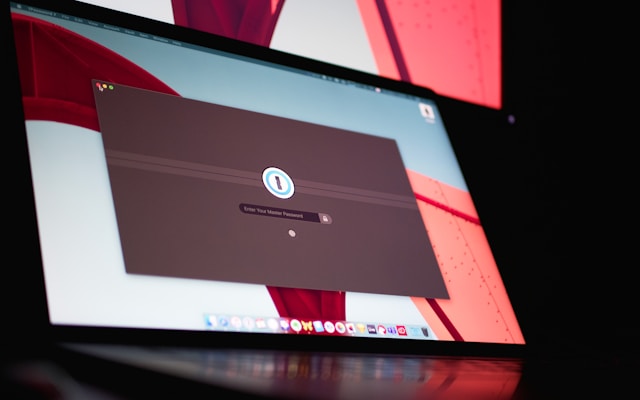We’ve all been guilty of using weak passwords, or of using the same one for all our accounts – it’s easier to remember. For some of you, this may still be the case. But doing this can make you vulnerable to attackers. More than 60% of internet users admit to using the same password, or a variation of it, across different logins and 30% of users have experienced a data breach due to a weak password.
Hopefully you know enough about cybersecurity to not use one of the most common passwords – 123456 – however, there’s probably room for improvement to make sure you’re creating strong, hard-to-crack passwords every time you need to. Here are a few tips on what to consider when choosing a new password.
Choose longer passwords
Most passwords require a minimum of around 8 characters, however this isn’t enough to make them strong. You need to be using passwords of around 15 characters.
Create unique passwords every time
It’s tempting to reuse passwords – especially if you’ve created a strong one – to make it easier to remember. However, this increases the chances of being hacked across multiple sites – once the hacker has the password, it’ll be the first thing they try elsewhere.
Don’t use full words
Choosing a password based on an existing word makes them easier to crack. Instead, think about a phrase, such as a song lyric, and base the password on this. For example, choosing a random letter from each word. This makes it easier for you to remember, but harder to guess.
Don’t use family names or dates of birth
These will be some of the first things a hacker will test!
Use a mix of letters, numbers and special characters
By mixing up the different characters, and perhaps replacing some letters with special characters, it increases the number of potential combinations a hacker has to try to guess it correctly.
Add unexpected capitalisation
As well as using a mix of characters, capitalising some of the letters also increases the potential combinations that would need to be tried to break it.
Use a password manager
The strongest passwords are usually the ones that are hardest to remember. Rather than writing them down or storing them in a file on your computer where they could easily be discovered, you can use a password manager. These use advanced encryption standards to make sure they can’t be hacked. They’ll also be able to suggest strong passwords to you and automatically save them.
So now that you know how to create a strong password, you might want to go and update some of your existing ones. Just to be safe.
